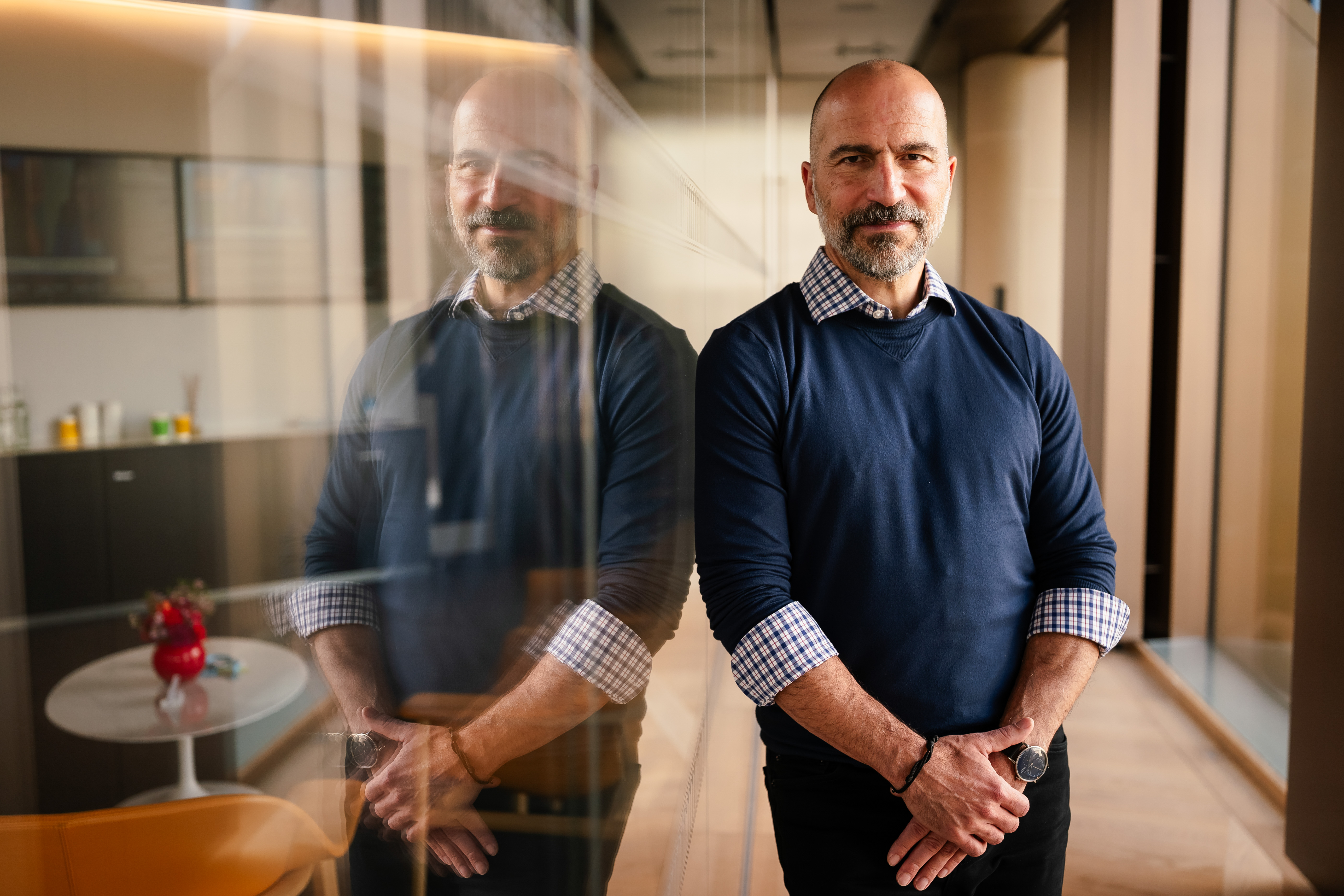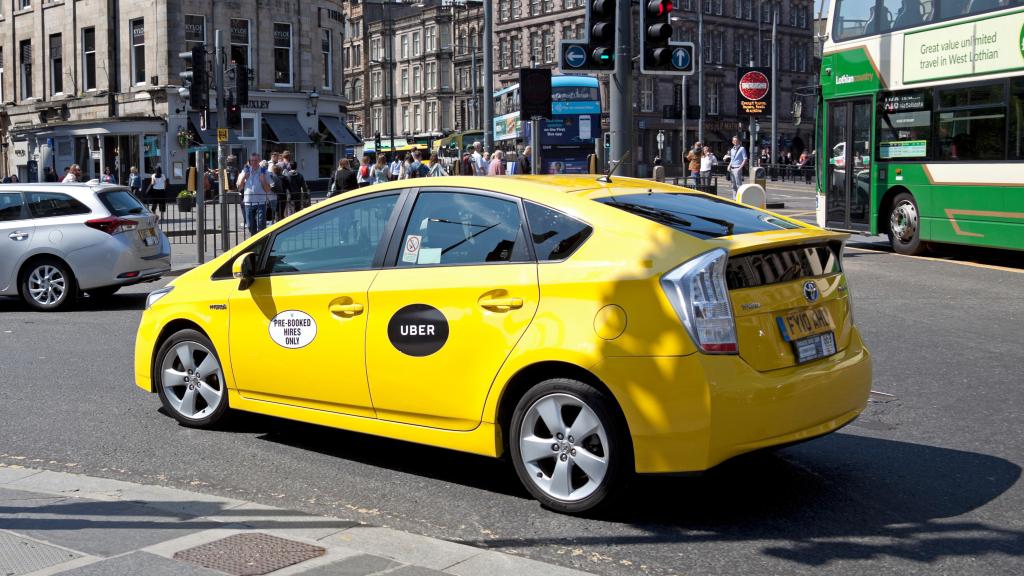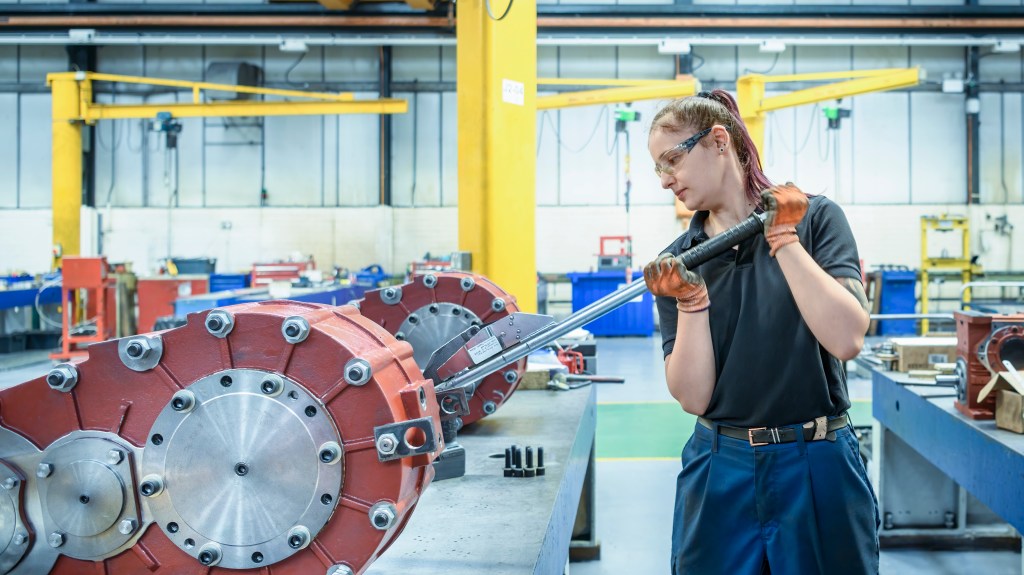Uber’s Q1 Report: Lower Demand Raises Economic Concerns
Uber Technologies reported a decline in ride bookings and delivery orders for the first quarter of the year, raising concerns about reduced demand amidst a challenging economic environment.
The company, headquartered in San Francisco, announced that its gross bookings increased by 18% to reach $42.8 billion for the quarter ending in March, which was slightly lower than analysts’ expectations.
In terms of overall revenue, Uber saw a 17% rise to $11.5 billion during the first quarter, yet this figure also fell short of Wall Street predictions. Meanwhile, the adjusted profit increased by 35%, totaling $1.9 billion.
Revenue from the ride-hailing segment, impacted by wildfires in Los Angeles and significant snow in various regions of the US, grew by 15%. Delivery services also experienced an 18% revenue increase.
Prashanth Mahendra-Rajah, Uber’s chief financial officer, noted that the strengthening US dollar against currencies such as the Brazilian real, Mexican peso, and Argentine peso has created considerable challenges for the company’s performance.
Uber is finding it difficult to replicate the rapid growth observed in previous post-pandemic quarters while facing competition from lower ride prices, as consumers increasingly opt for more affordable transportation alternatives.

CEO Dara Khosrowshahi remarked that the company aims to keep fares “as low as possible,” highlighting the autonomous vehicle sector as a significant opportunity for future growth.
In February, Uber introduced its “price lock pass,” a $2.99 monthly plan designed to provide consistent fares on selected routes, aimed at attracting cost-conscious riders. This move directly competes with a similar offering launched by rival Lyft last year.
On Wednesday, Uber’s shares dropped by $2.18, or 2.5%, closing at $83.65 in New York. This downturn in stock value came as the first quarter results overshadowed optimistic projections for the upcoming quarter. Despite this, Uber’s stock has surged approximately 42% this year, positioning it among the top performers in the S&P 500 index.
The company anticipates bookings for the current quarter to range from $45.75 billion to $47.25 billion, compared to Wall Street’s expectations of $45.8 billion. Uber also expects to deliver adjusted profits between $2.02 billion and $2.12 billion in this timeframe.
Additionally, Uber has forecasted a 1.5% drag on gross bookings growth due to currency fluctuations, as a stronger dollar impacts earnings from international operations.
Founded in 2009 by Travis Kalanick and Garrett Camp, Uber operates one of the most widely used taxi-hailing applications globally and has expanded into restaurant delivery, bike sharing, and self-driving vehicles. Kalanick resigned in 2017 amidst scandals involving sexual harassment and privacy violations. The company has faced potential bans in cities like London and ongoing legal challenges regarding its drivers’ employment status.
To leverage autonomous vehicle technology, Uber has engaged in several partnerships over the last year, including the launch of driverless rides in collaboration with Waymo, Alphabet’s self-driving car division, in Austin, Texas, in March.
Khosrowshahi emphasized that there remains significant growth potential within Uber’s mobility division, particularly in connecting customers with drivers in suburban and low-density markets. He acknowledged that rideshare services historically face challenges in these areas due to a scarcity of drivers, which can compromise reliability. Technology advancements are seen as crucial to overcoming these obstacles.




Post Comment